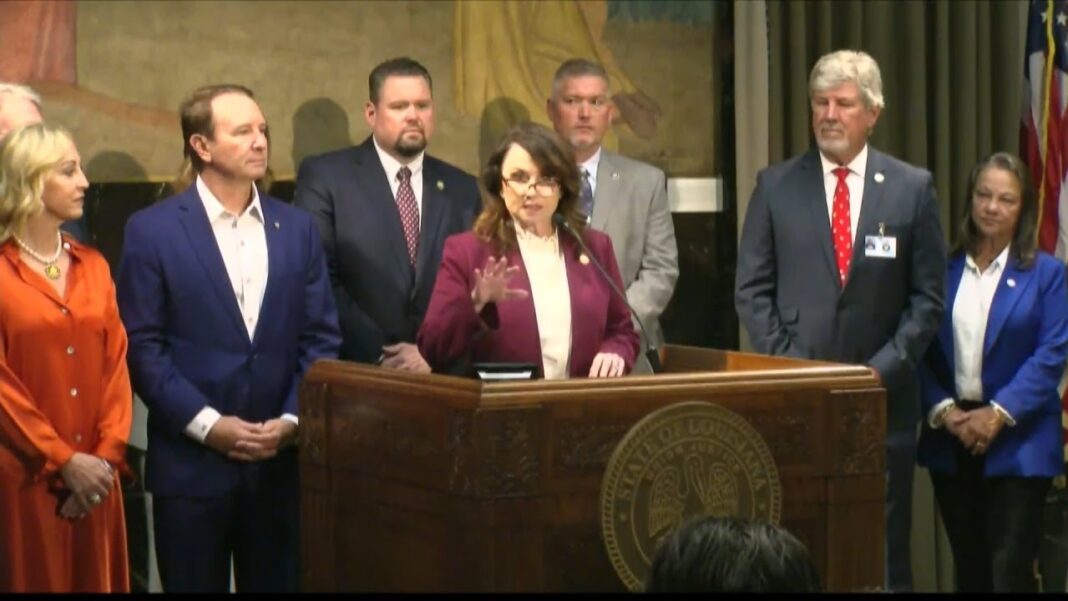A global network of powerful entities, fueled in part by Wall Street, is buying up land and water around the world.
This global land rush has led to wrecked wells and lost farms from Arizona to Zambia — and it risks sowing the seeds for future global conflict, according to “The Grab,” a new documentary out today from Gabriela Cowperthwaite, the director of “Blackfish.”
The film follows a seven-year investigation by producer and journalist Nathan Halverson of The Center for Investigative Reporting as he peels back the layers of a deceptively simple question: Why did a state-backed Chinese corporation buy America’s biggest pork producer in 2013?
“The Grab” hits U.S. markets at a fraught time for food policy: Congress remains deadlocked over the farm bill, and critics on both left and right are raising concerns over the impact of corporate consolidation on U.S. agriculture as farms grow ever bigger and more specialized.
Republicans in the House and Senate have proposed freezing food aid at current funding levels to direct tens of billions of dollars in additional subsidies to high-income farmers of rice, cotton and peanuts — crops of which significant percentages are exported to the wider world.
The Grab digs into some of the forces driving the consolidation and food exports — and their potential consequences.
When countries like China import food, Halverson notes in the film, they’re often doing so “as a proxy for water,” which the world’s most populous nation is running short of amid population movements and climate change.
The combination of those potential shortages and a rising — and increasingly carnivorous — middle class in China and elsewhere have combined to create a global push to buy up fertile land in places where it is still plentiful.
One critical focus of this push is Africa. Halverson interviewed Brig Siachitema, an activist in the Zambian town of Serenje, where he says foreign investors have been buying up the ancestral land of villagers and kicking them off it.
“What we are seeing is really a new scramble for Africa,” Siachitema says in the interview. “The only difference is, before they were scrambling for minerals. This time around, they are scrambling for land.”
Read Full Article on TheHill.com








